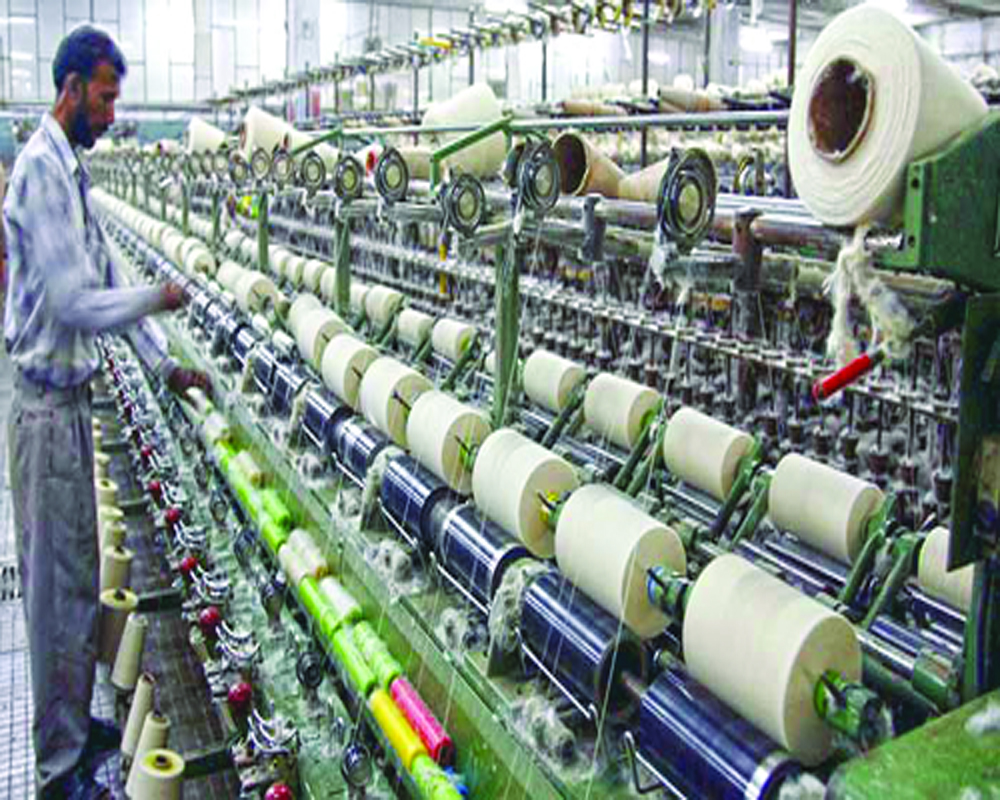Even high growth is insufficient to remove ‘the widened income and wealth inequalities and rising social unrest' in the country
An international agency UN Conference Trade and Development (UNCTAD) has predicted highly uneven growth despite possibility of a bounce-back but global output trends of 2016-19 would resume not before 2030. The UNCTAD notes that growth has been the slowest in the 2011-20 decade, since the post 2007-08 financial crisis
An important UNCTAD recommendation is to revive the public sector as a critical instrument of long-term development. The report underlines the pandemic-driven need for public sector intervention — a call India must heed amid its move for fast-paced privatisation. It suggests that expansionary fiscal measures that most governments are doing may end up “only as fire-fighting tools”.
The UNCTAD Trade and Development Report 2021 expects India to grow at 7.5 per cent in 2021 and 6.5 per cent in 2022, but “insufficient to regain the pre-COVID-19 income level”.
It warns policymakers to trudge carefully particularly on deregulation. The developing economies, which as per it include India also, have been hit while “new heavier debt burden reduces their own room for fiscal policy”.
India’s growth despite being next to China’s “is poised to slow down” because of the inherent fragility in coping with the pandemic and restoring employment and incomes. Even high growth is insufficient to remove “the widened income and wealth inequalities and rising social unrests”.
The UNCTAD warns of rising corruption and rent-seeking saying, “Within advanced economies, the ‘rentier’ class has experienced an explosion in wealth, while low-earners struggle”.
In 2022, UNCTAD expects global growth to slow to 3.6 per cent, leaving world income still 3.7 per cent below where its pre-pandemic trend would have put it.
Indian efforts of a four-year Rs 96,000 crore reprieve for spectrum dues to telecom companies; Rs 25,938 crore production-linked incentive (PLI) schemes for automobile sector, Rs 120 crore for drone industry, Rs 10683 crore for textiles and others announced for 13 sectors during the last one year is expected to raise minimum production to around Rs 37.5 lakh crore over five years and create additional jobs of about one crore.
Rising prices in India is a constant concern for the RBI. The WPI inflation in August has touched 11.39 per cent against 11.16 per cent in July. It means that retail inflation is galloping. It affects the purchasing power of the people and has affected overall growth, wage and supply conditions. The RBI is under pressure to increase its lowest interest rates. This is also affecting yields of depositors and hits the overall economy.
Tax levying in India is also irrational. Taxing the deposits appears retrograde, GST on self-managed housing societies has come under scanner of the Madras High Court, and the retrospective tax on corporates has caused serious loss of foreign investment and maligned the country. The policy of taxing commodities and fuel is leading to an overall distress.
With over 40 to 45 percent indirect taxes, tolls, cesses, fees, user charges and continuous hike of all other levies, it is necessary to review why the country should have income-tax at all or why it cannot be at par with corporate income tax of 15 per cent. Taxes on individuals repress growth and international institutions also feel that tax burdens should reduce. The governments would have larger revenue returns with higher turnovers.
The UNCTAD is concerned of the decades of declining wage share and wants wages to rise for a better balance between wages and profits. Despite a decade of massive monetary injections from public sector, economic stability remains missing.
National Crime Research Bureau finds crimes rising during the pandemic — digital crimes and cyber monetary frauds, including internet banking by 11.8 per cent; social disorders rise 21-fold; other IPC crimes four-fold; 12.4 per cent rise in offences against public tranquility, and 78.1 per cent in environment crimes.
The UNCTAD also wants globally reforms to the international economic architecture, promised after the 2008-09 crisis but abandoned “in the face of ‘rentier’ class”, are now implemented for definite growth worldwide. India needs to take the cue for correcting the policies and paths for taking the country ahead.
(The writer is a senior journalist. The views expressed are personal.)


























